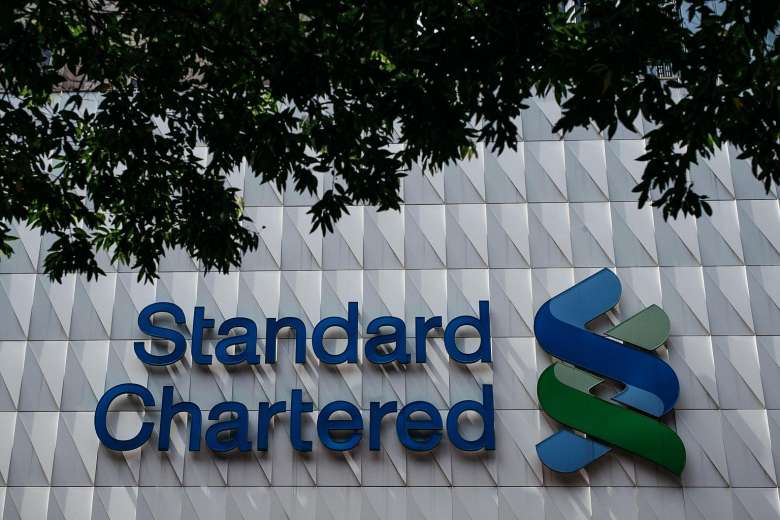Philip Morris Pakistan (PMPK) Limited, Pakistan’s second-largest tobacco company, announced its financial results for the first quarter ended 31 March 2020.
The tobacco giant over the quarter posted a profit of Rs. 361.40 million after taxes. At the same time last year, it had reported a loss of 1.2 billion Rupees after tax.
According to the financial statements, the company’s revenues landed at Rs 4.19 billion, almost flat compared to Rs 4.09 billion posted in last year’s corresponding period. However, the company’s revenue expense rose by 16.25 percent to Rs. 2.72 billion in the same period last year compared to Rs. 2.34 billion.
The gross profit for the quarter ended March 31, 2020, decreased by 16 percent to Rs. 1.47 billion. This was most likely due to a steady decrease in the company’s sales and cost increases.
The company reported a pre-tax operating income of Rs. 561 million for the three months ended 31 March 2020 compared to a pre-tax operating loss of Rs 1.7 billion for the same period ended 31 March 2019. The preceding losses, however, were primarily due to one-off damage charges from PMPKL’s factory closure last year. The latest statement doesn’t reflect them anymore.
During Q1 2020 the company reported a massive decrease in other expenses as they fell by Rs. 2,537bn. In the corresponding period of the last year, earnings per share came in at Rs. 5.87 compared to a loss per share of Rs. 20.56.
The organization has in the past highlighted the rising volume pressure due to the numerous rises in excise taxes. This helps to extend the price difference between the tobacco industry which is illegal and legally compliant.
Such excise tax rises instead of reducing the total consumption of cigarettes which still stands on 85 billion sticks a year demonstrating that such taxes only resulted in adult smokers preferring cheaper and readily available non-tax paying illegal cigarettes leading to a decline in volumes of legally compliant tax paid cigarette industry and customers turning to illegal and cheaper brands. Illicit cigarettes are available at as low as Rs. 25 per pack as opposed to Rs. 62 per pack, the government’s minimum controlled price.
Amid several tax rises, the company’s contribution to the National Exchequer in the form of excise tax, sales tax, and other government levies stood at Rs. 5.7 billion, which is 17 percent lower than Rs. 6.9 billion in the same period last year. It is worth noting that tobacco is one of the major contributors to FBR revenues.
Government revenues produced from tobacco, which are already declining as we can see from the results, may further decline if additional taxes are levied on the sector in upcoming budgets as higher taxes are likely to result in a further decline in legal sector volumes, accelerating the prevalence of illicit trade.
This could have a significant effect due to the pandemic and threaten the livelihoods associated with the tobacco industry, despite the current economic crisis. According to estimates, the share of illicit cigarette trade has grown to as much as 40 percent over the past few years, and illicit cigarette trade alone results in a loss of Rs. 44 billion per year.
Nasir Jehangir 0 Shares






















Leave a Reply